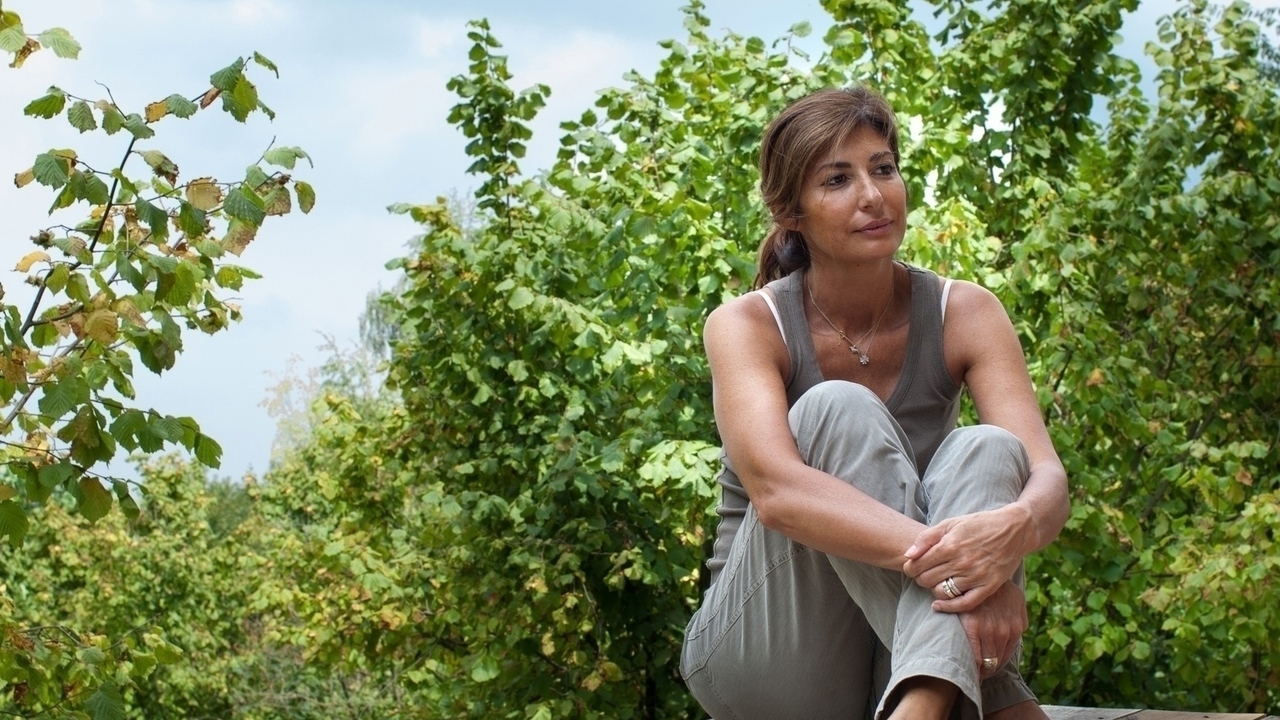 kazoka303030/fotolia
kazoka303030/fotolia
Perhaps you’ve heard about how Japanese-American women have been dealt some lucky cards at the menopause table, suffering the fewest hot flashes of any ethnicity. Maybe you know that African-American women suffer the worst hand with the most frequent and most severe hot flashes while Caucasian women fall somewhere in between.
While these generalities tend to be true, it turns out there can be more reasons lurking beneath the surface than simple genetics. We’re women, after all. Should we really be surprised that things just got complicated?
Anthropologists are trying to figure out if these variances are purely physiological or a product of the culture in which a woman was raised and within which she has experienced the unfolding of her womanhood. Evidence has even been found by Myra Hunter in Great Britain that personality affects a woman’s hot flash experience.
Anthropologist Lynnette Sievert, BSN, Ph.D., studies variation in age at menopause around the globe, as well as corresponding symptoms. She is a professor of anthropology at the University of Massachusetts, Amherst, and a member of the board of the North American Menopause Society.
Sievert has studied the effects of menopause in women in the United States, Mexico, and Bangladesh, where 80 percent of the population is Muslim and women therefore wear extra clothing compared to their international peers. Plus, they live in a country where electricity and, therefore, air conditioning are sporadic. “They talk about hot flash as happening on the top of the head, but that’s because they have to keep covered,” she said.
She cites the Study of Women Across the Nation (SWAN) as the gold-standard in revealing what the menopause terrain is like for women of different ethnicities in the U.S. SWAN found that African-American women have more hot flashes and that only 12 percent of Japanese-American women reported them.
Hispanic women were a little on the higher side of hot flash reporting in the U.S., while women of Chinese descent were on the low side, though not as low as the Japanese-Americans. When a mail survey was sent to Japanese-American women in Hilo, Hawaii, they reported many fewer hot flashes, mirroring the results of the SWAN study.
However, when monitors were put on the Japanese-American women to measure what was happening in their bodies, they registered just as many hot flashes as their non-Asian peers. “Either they don’t feel it, or they don’t label it, or they don’t report it,” Sievert said. “They report less irritability; they report less depressed mood.”
But it’s also known that when another researcher, Dr. Melissa Melby, interviewed these women, she used different Japanese words. “So part of it may also be word choice, and that’s a problem with translation,” Sievert said.
In Mexico, for example, two different regions have two different words for hot flash: bochorno and calor. “We had to do a lot of work to find out if women were talking about fever or just external heat when they left their office buildings.”
There are differences in menopause symptoms around the world. Women in the U.S. complain of depression, hot flashes, and irritability, Sievert says, while women in Mexico complain almost exclusively of “bone pain” similar to the achiness of flu.
The environment may also play an unknown role. “In the U.S., the longest life expectancy [for women] is in Hawaii,” Sievert says. There is clearly something about life in the peaceful Pacific where the average age of menopause is 53, compared to 52.5 in the rest of the country according to the Study of Women Across the Nation (SWAN).
And we can’t just chalk it up to a higher percentage of Japanese-American women because the later menopause age and longer life span occur across all ethnicities in Hawaii.
“We say that about 70 percent or 80 percent of women will have hot flash at some point,” Sievert says. “Some women really only ever have one hot flash or five hot flashes.”
“And it’s going to depend on how she’s aging. If she’s aging well or not, if she’s already got some chronic condition,” Sievert says.
The dreaded middle-age spread of menopause is the fate of women worldwide, regardless of socioeconomic status, according to Sievert. However, it’s primarily in the West where women are pressured to be thin. “It’s a physiological thing of menopause,” she says. “In most of the communities where I work, there’s no pressure for the women to be thin. They need to be needed.”
But interestingly, not necessarily in a sexual way. “The end of fertility has different meaning in different cultures,” Sievert says. “I’ve found outside the U.S., there’s not as much pressure to continue having sex. Where you have really strong Catholicism, you may not have really strong pressure on a woman to continue having sex.”
For researchers, that translates into very few complaints of vaginal dryness and painful intercourse, which are often reported in the U.S. Sievert says sexual issues are rarely reported in the foreign cultures she studies.
Sievert’s team just finished data collection on women in Campeche, Mexico. Women there did not report hot flashes in the past. This summer she’ll return to conduct interviews with the women. Fifty percent of the women there have undergone tubal ligation by age 40.
Reviewed March 29, 2016
by Michele Blacksberg RN
Lynnette Sievert, BSN, Ph.D., via phone conversation March 12, 2016. http://profiles.umassmed.edu/profiles/display/132769
SWAN: Study of Women’s Health Across the Nation. SWAN Study.org. Retrieved March 12, 2016. http://www.swanstudy.org/about/swan-history/
Santoro, Nanette MD et al. The SWAN Song: Study of Women’s Health Across the Nation’s Recurring Themes. Obstet Gynecol Clin North Am. 2011 Sep; 38(3): 417–423. doi: 10.1016/j.ogc.2011.05.001. http://www.ncbi.nlm.nih.gov/pmc/articles/PMC3185240/




